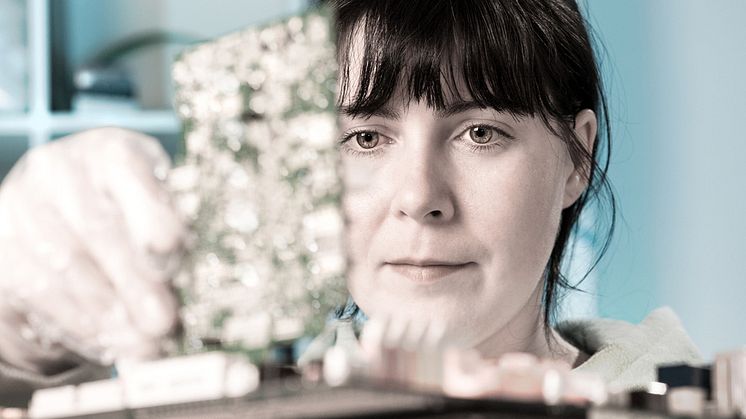Charting Europeans’ quality of life
The chart above, based on data from the third EQLS, shows the percentage of people who strongly agreed with the statement ‘I am optimistic about the future’ in 2012.
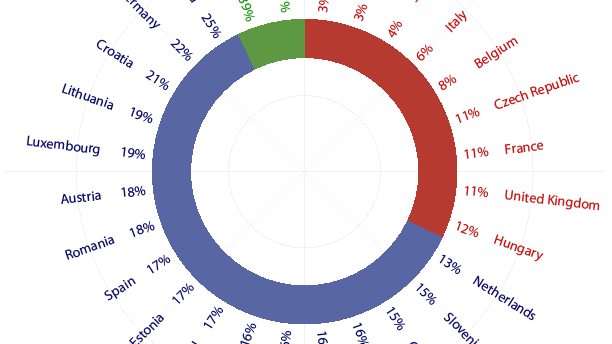
The chart above, based on data from the third EQLS, shows the percentage of people who strongly agreed with the statement ‘I am optimistic about the future’ in 2012.

The annual meeting of Eurofound’s correspondents – in the fourth and final year of the current contract – will take place in Dublin on 27–28 March. Guest speaker Raymond Maes, Deputy Head of Unit at the European Commission’s DG Employment, will outline the EU priorities for the coming period.
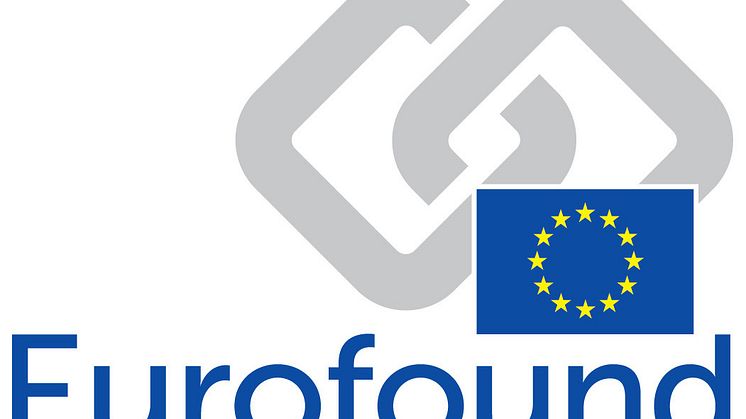
Eurofound is in the process of drawing up a list of academic experts to cover the research areas of its 2017–2020 programme. Experts may be asked to advise on planned research approaches and methodologies or to carry out peer reviews.
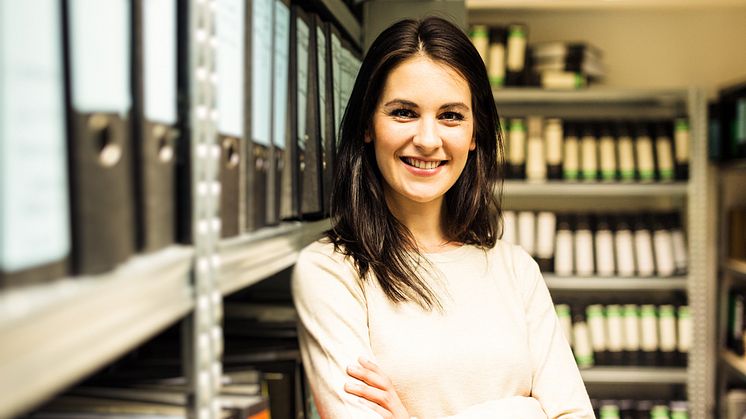
Developments in the field of employment and social affairs announced in the European Commission’s work programme for 2017 include initiatives to address the challenges of work–life balance faced by working families, a European Pillar of Social Rights aimed at fostering a fair playing field in the European social market economy, and a White Paper on the Future of Europe.

Eurofound hosted a delegation from the European Parliament’s Committee on Employment and Social Affairs in Dublin on 20–21 February. The delegation included Jean Lambert MEP (Greens/EFA), Joëlle Mélin MEP (ENF), Laura Agea MEP (EFDD), Javi López MEP (S&D), and Lynn Boylan MEP (GUE/ NGL).
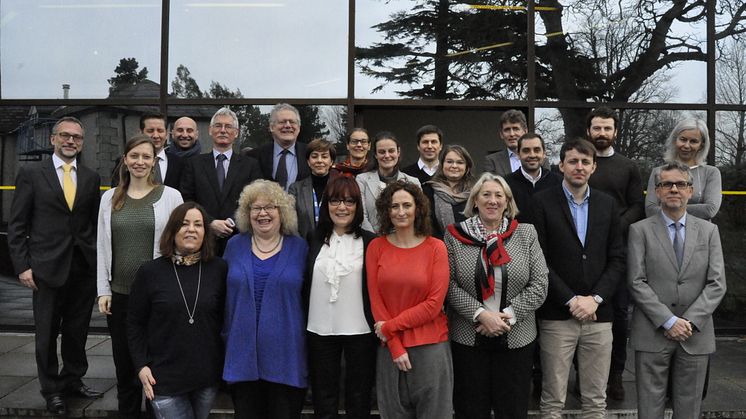
The social partners across Europe are not participating in the European Semester as was originally envisaged, even after the 2015 revamp of the process that aimed to encourage their greater involvement in the drafting of the national reform programmes (NRPs).
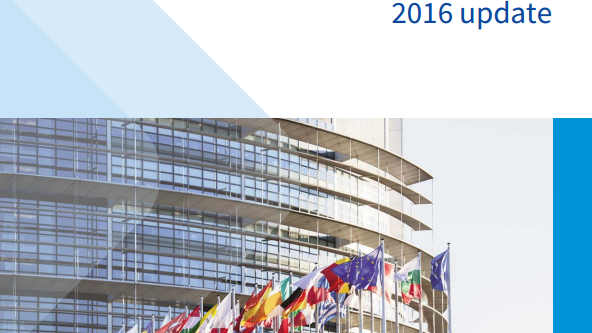
Income inequalities have increased between and within Member States, largely due to growing unemployment levels during the economic crisis.
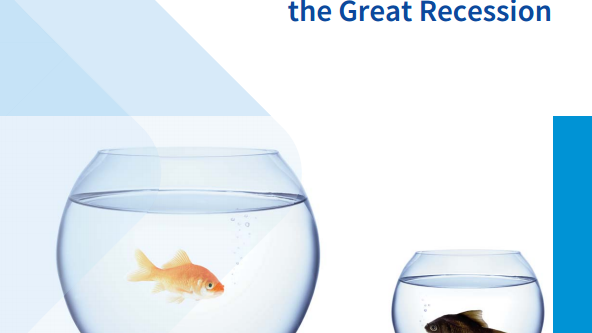
25 March marks 60 years since the signing of the Treaty establishing the European Economic Community, known as the Treaty of Rome. A seminal document, largely dedicated to economic integration and prosperity, it also enshrined the broader concepts of peace and equality

In this blog piece, originally posted on Social Europe, Eurofound researchers Carlos Vacas-Soriano and Enrique-Fernández-Macías look at the development of income inequalities in Europe since the Great Recession.
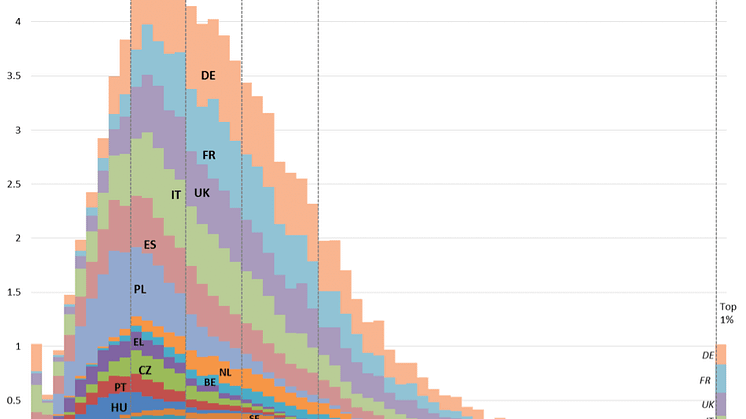
Income inequalities have increased in around two-thirds of EU Member States largely due to growing unemployment levels since the onset of the crisis. At the same time EU-wide income inequality also increased as income convergence between European countries stalled.

On the occasion of International Women's Day, Eurofound Senior Research Manager Massimiliano Mascherini looks at the impact of the gender employment gap on Europe.

8 March is International Women’s Day. The day marks the wide-scale progress made towards achieving gender equality and combating gender-based injustice, but also serves as an important impetus to ensure the spotlight remains on continued work towards realising these goals across the globe.
